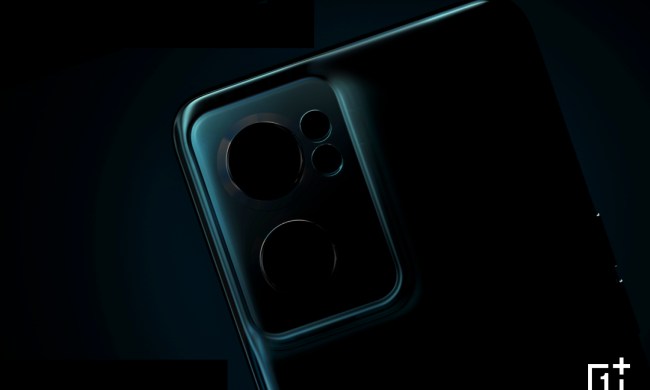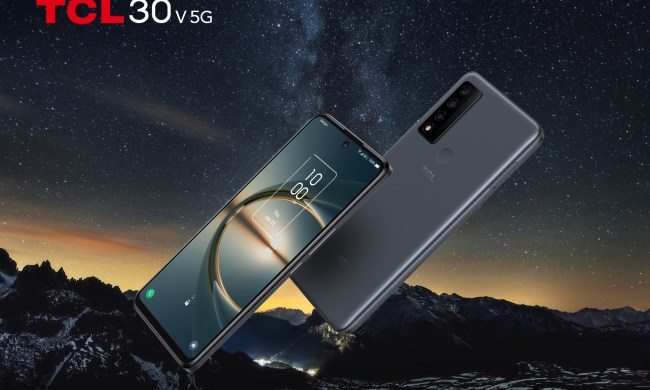
As AT&T is building out its next-generation 5G mobile broadband network, the carrier’s executives are beginning to explore different strategies to monetize the service, including a tiered billing structure. AT&T still hasn’t disclosed what pricing customers can expect from its network.
“I think the business models are still evolving, said AT&T President of Mobility and Entertainment David Christopher at the Mobile World Congress Americas trade show last week in Los Angeles, California. “There will be different tiers of service.”
The next generation 5G networks will deliver many added benefits to consumers, and it looks like AT&T may charge differently for these types of benefits, Fierce Wireless reported. In addition to offering faster download speeds, 5G will also deliver lower latency. Christopher mulled creating a pricing tier for gaming to capitalize on the latter feature. In addition to gaming, 5G’s fast speeds may also be beneficial for delivering virtual and augmented reality content.
Gamers looking to buy a 5G gaming laptop may be locked into one network at the time of purchase. AT&T’s vice president of radio networks, Gordon Mansfield, explained to PCMag that since each carrier operates 5G on different bands and spectrum, there won’t be one modem that delivers cross-compatibility between carriers in the beginning. This means that if you buy a laptop through AT&T, you may not be able to insert a SIM card from a different carrier if you’re unhappy with the service.
In addition to a gaming-centric 5G plan, AT&T may also offer bundles with Internet of Things (IoT) devices. The company recently announced a SmartThings tracker with Samsung, which includes one year of service in that device’s $99 price tag. After the first year, customers wishing to maintain the 5G service can either pay monthly or get billed a discounted amount if they choose to pay annually.
Another option would be to add the service to a customer’s existing bill. With smaller consumer devices like the Apple Watch, AT&T could tack on a service charge to connect these devices to its network. Currently, AT&T charges customers a $10 monthly fee to add the LTE-equipped version of the Apple Watch to their monthly phone plans.
Rival Verizon will be the first carrier in the U.S. to launch its 5G network. Unlike AT&T, Verizon is targeting home broadband for its first application of 5G when the service becomes available next month. Verizon said that its 5G Home service will cost $50 a month, taxes included, for customers who have a cell phone plan. Although AT&T has not disclosed what speeds customers can expect for its 5G network, Verizon quotes 300Mbps average speeds, with peaks hitting 1Gbps, making 5G competitive against fixed home broadband offerings like cable and fiber internet.
The first 5G device to launch on AT&T’s 5G network later this year is described as resembling a puck, suggesting it could be a mobile hot spot. Phones will likely launch in 2019 when AT&T builds out its 5G network. AT&T promises that 5G devices will also be able to fall back on the LTE network — which has a larger coverage footprint.


